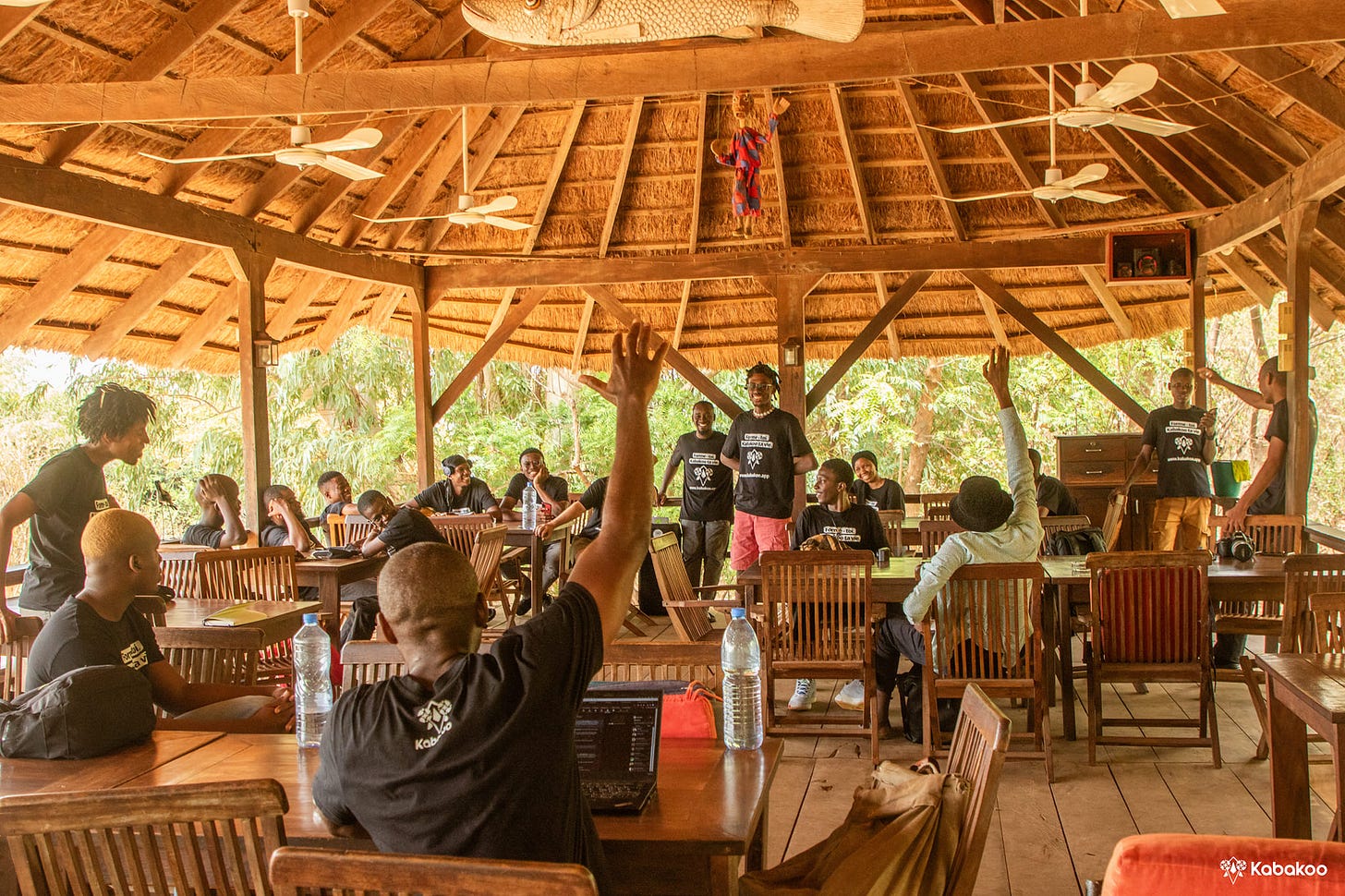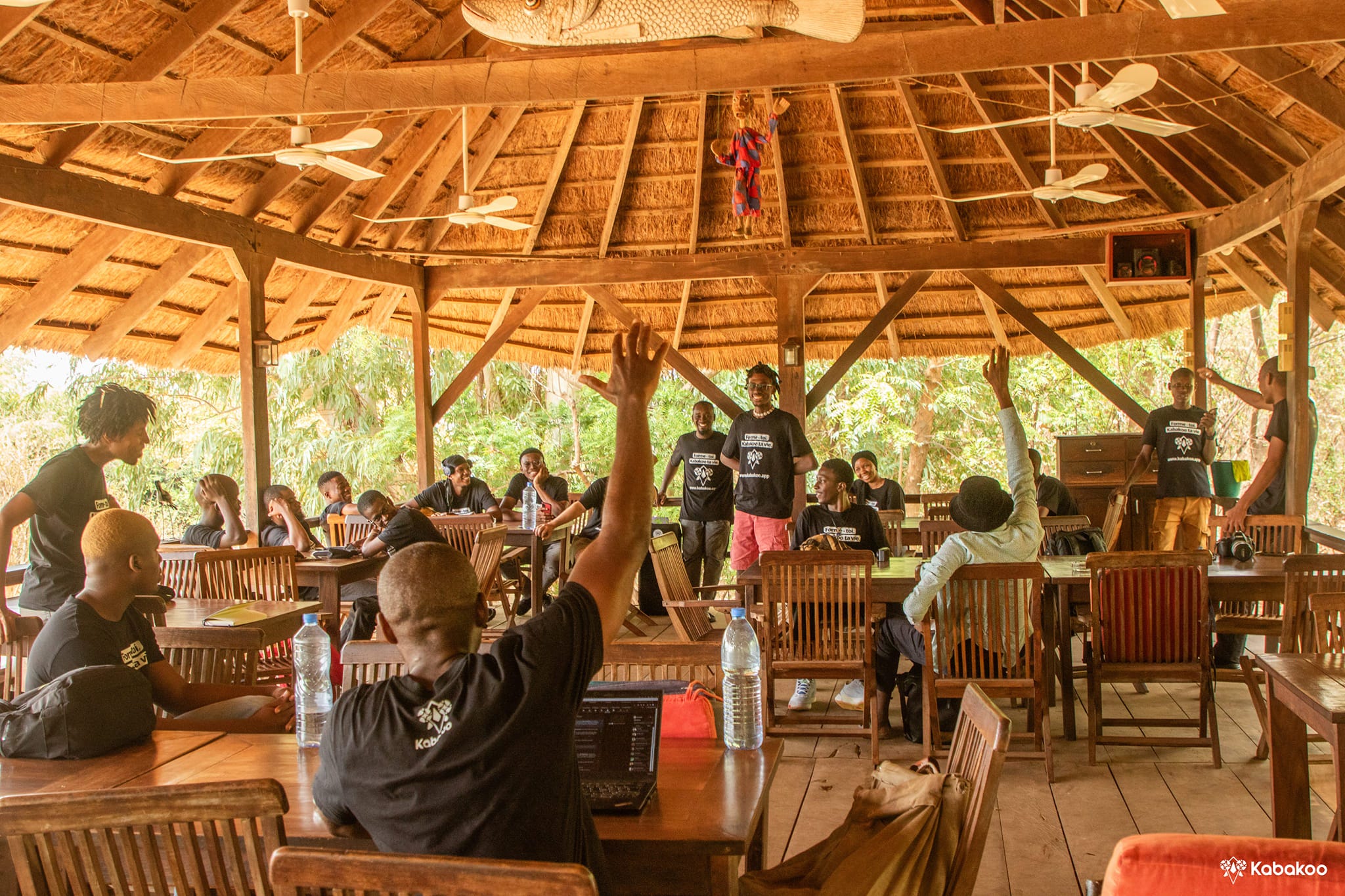Kevin L. Brown’s recent LinkedIn post on “locally led” as a buzzword in the non-profit sector struck a chord with me. He argues that “the term locally led is being exploited. Stolen from true community-led nonprofits.” As one of the founders of the Bamako-based Kabakoo Academies, I have witnessed firsthand the complexities of local leadership in West Africa. Brown argues that Global North organizations exploit the term “locally led.” But there is another issue, less visible but potentially more insidious: African founders from (very) privileged backgrounds attempting to solve problems they have never experienced firsthand, all while claiming intimate knowledge of the context or problem.

Thanks to a substantial body of well-published management and organizational behavior research on both imprinting theory and upper echelon theory, we now understand that the early life experiences of founders matter significantly. Actually, carefully reading Bourdieu or even Max Weber could have been enough, but that is another topic.
For instance, a 2021 paper by Don O'Sullivan, Leon Zolotoy, and Qingliang Fan in the Strategic Management Journal (SMJ) reports how experience of trauma early in a CEO’s life is positively associated with stronger corporate social performance. Research along similar lines report links between executives’ socioeconomic background and risk-taking or even firm internalization. This research underscores the profound impact that a founder’s background can have on an organization’s mission and approach.
While corporate boards across the globe are starting to take note of these findings, from my experience, I don’t see impact investors or philanthropists factoring the socioeconomic background of founders into account when making funding decisions. Is this oversight leading to misaligned priorities and ineffective solutions? Future (research) will tell.
I have met ‘successful’ (that is, well-funded) ‘local’ founders who argue that young people in West Africa primarily lack skills such as time management or motivation to secure a ‘decent job’. However, they overlook a fundamental issue: there simply are not enough formal jobs for everyone, regardless of skills or motivation. The exception? Those from the top percentiles of the wealth distribution, who are almost guaranteed decent jobs, whether in Senegal, Nigeria, Mali, or elsewhere. Similarly, I have seen founders trying to ‘scale’ online-only tertiary education just to realize down the road that power outages and prohibitively expensive Internet prices are real challenges for everyone below the top percentiles of wealth.
This disconnect highlights a crucial point: being born in a country does not automatically reduce one’s social distance from its average citizens. In fact, a local elite might be more removed from the realities of poverty than an empathetic, well-informed outsider.
My unconventional take is that a local founder’s background and early life experiences should be scrutinized just as closely as those of any other founder. Sure, early-life experiences may not appear on resumes, but the typical due-diligence process for investments or grants is well-placed to unearth founders’ life histories.
To support truly impactful “locally led” initiatives, we must look beyond nationality or birthplace. The focus should be on the founder’s ability to understand and relate to community challenges. This might mean prioritizing founders who have lived experiences of the problems they are trying to solve, regardless of their current social status or country of origin. Impact investors and philanthropists need more nuanced evaluation criteria. Instead of simply checking a “local leadership” box, they should examine founders’ early life experiences and socioeconomic backgrounds.



.jpg)




